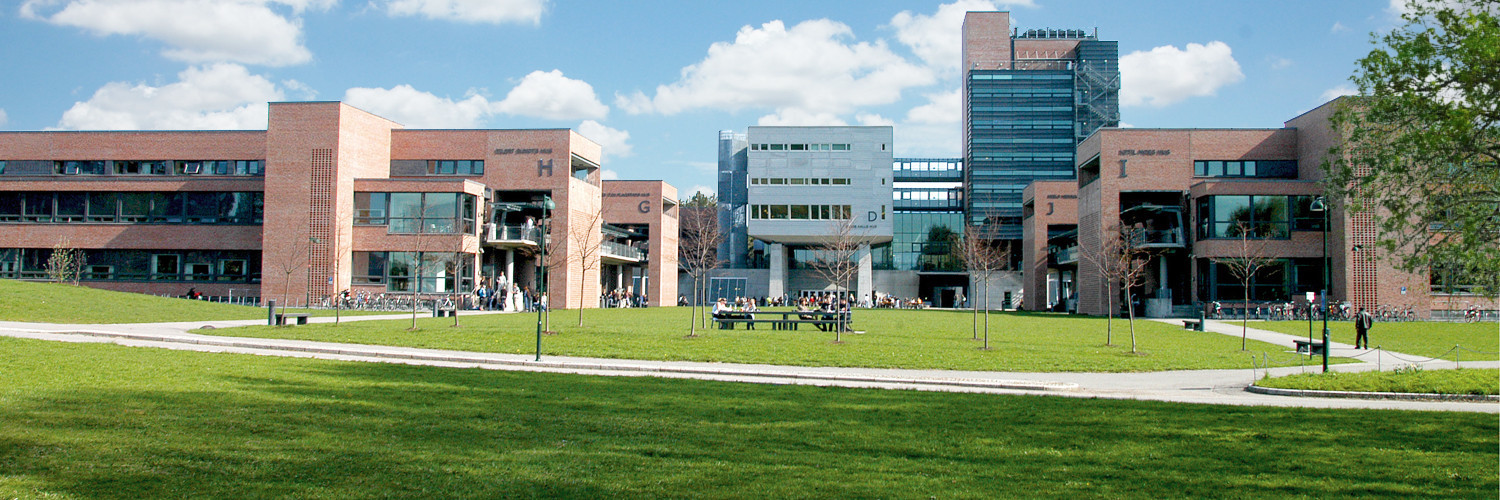Projects Overview
World Learning Summits

Framework
A key ambition with the Future Learning Lab is to provide a collaborative arena for individual researchers to connect, find partners, feature heir work and solicit peer critique. Research is creative. Education’s digital future spans a wide range of disciplines. The tradition in academia is to ferment disciplines, not the cross-cutting lines. And that’s a challenge.
Projects presented at the World Learning Summit range from critical social theory to hands-on exploratory development work, all geared towards a better understanding of how digital media and communication technologies change education and learning; how society adapts to a more global and adaptive learning eco system, how students respond to a media-rich educational framework, how education institutions in the Global North collaborate with education institutions in the Global South, and much more.
To make this ambitious research agenda viable, an encompassing strategy of research dissemination and sharing is called for. Our solution: The World Learning Summit.
WLS occurs annually, in June. Future Learning Lab combines a core research group at the University of Agder in South Norway with Norwegian, Nordic and otherwise international peers – to each year present a pristine event at the forefront of technology, global learning, and very practical how-to-do-it solutions. We all need to be more solutions oriented. Explore, engage, exchange!
So far, all our conferences since our beginnings in 2010 have taken place at the University of Agder, with the exception of 2015 when we did our 5-year anniversary at Stanford University. Future locations may change, depending on our expanding group of participant networks.
WLS does not compete with larger venues like Online Educa, Eden or others. On the contrary, we offer a much smaller venue, where scholars, innovators, policy-makers and entrepreneurs in the EdTech sector can meet on a completely informal basis to network and improve on their agendas.
We offer an Academic Publication track, complete with accredited double-blind reviewed scientific proceedings. We offer an annually updated Corporate Learning track, addressing the coming challenges to adapt to a digital sharing economy in work life. We also offer an annual track for EdTech companies to come and present their ideas, projects, products, and services. Generally, we have a Nordic range of scholars and entrepreneurs presenting both in plenary sessions and workshops. We have an increasingly global attendance of scholars – upwards of 20 countries represented every year.
We also seek to provide a solid and friendly arena for PhD-students to present their ongoing work. Our PhD-network is global. Coming to our venue, PhD-students learn of new arenas for their courses, also acquiring peer support for their ongoing projects.
As a matter of history, our keynotes have been of the very highest international order, topped in 2016 with Google´s chief scientist Peter Norvig, as well as our top-of-the-line range of speakers at our 2015 event at Stanford University. In 2017, we added keynote speakers from the more critical perspective of UNESCO and related institutions that advance a concern with the Open and Transparent future of education and learning in a world of accelerating focus on efficiency and market forces.
We continue to strive for a balanced account of how the private and public sector together own the future of education. We continue to strive for a parsed understanding of how the past interacts with the present and the future. We promise a world community. with no stops.
- Creativity is a key concern.
- Critique is another key concern.
- The future of truth and knowledge in a world of fast-changing technological conditions, remains the key.
How we work
We are a community 0f internationally anchored, engaged scholars and entrepreneurs. Some of us play jazz, and it explains our insistence on combining plan with creativity. Sociologists call it structure and agency, but it´s the same thing. We develop year by year, and have every plan to keep doing so. Bach wrote beautiful church music because he understood the complexity and sounds of the pipe organ. But it was the audience who experienced it, and being a creator — he knew it. That´s entrepreneurship in an nutshell. And all the education philosophy you´ll ever need. Innovation is culture, not marketing. Understanding technology, is fundamentally a cultural issue.
Project members
Sven Åke Bjørke • June Breivik • Cathy Casserly • Keith Devlin • Donna Kidwell • Søren Kragholm • Aleksandra Lazareva • Vidar Mortensen • Eilif Trondsen • Oddgeir Tveiten • Derek Woodgate • Anjum Malik
Financial framework
Funding is annual
Average is 500 – 700K NOK annually
UiA: Departments, faculties and central
Sponsorships: Various companies
Attendance fees: Varies annually
Other: Research councils, foundations
Timeframe
2010 – present, annually